There’s a summer school now at Theresienstadt
NewsPress release:
The Czech-German cultural project “Musica non grata”, which began in 2020, is a partner of this year’s “Summer School Terezín” hosted by the Terezín Composers’ Institute at the former Terezín concentration camp. From August 17 to 19, students from Germany and the Czech Republic will jointly trace the musical lives of artists persecuted by the Nazis in lectures, discussions and concerts. A total of around 25 students from the Cologne University of Music and Dance and Masaryk University in Brno will be taking part. The event will conclude on August 19 with a concert at the German Embassy in Prague.
At the “Summer School Terezín” lectures by students and international lecturers are planned, among others by Dr. Tomáš Kraus (Secretary of the Federation of Jewish Communities in the Czech Republic). Musically, the program includes works by “Terezín composers” such as Viktor Ullmann, Gideon Klein, Hans Krása, Pavel Haas and Erwin Schulhoff, as well as by Alban Berg, Ernst Bachrich, Mieczyslaw Weinberg and Alexander Zemlinsky. Music by composers Maria Herz, Ilse Weber and Vítězslava Kaprálová will also be heard.
The program of the “Summer School Terezín” is designed by Prof. Dr. Lubomír Spurný, Dr. Kai Hinrich Müller and Prof. Dr. Florence Millet.
The concerts with participation of students and teachers of the Cologne University of Music and Dance will be held in cooperation with the “EchoSpore“ initiative of the Lichterfeld Foundation and the Deutsche Bank Foundation, which is dedicated to the rediscovery of persecuted artists.
“Musica non grata” is also organizing several concerts in Prague to commemorate the establishment of the Terezín concentration camp 80 years ago.
“Musica non grata” is an international music and cultural project of the Czech Republic and the Federal Republic of Germany, organised by the National Theatre and financially supported by the Embassy of the Federal Republic of Germany.
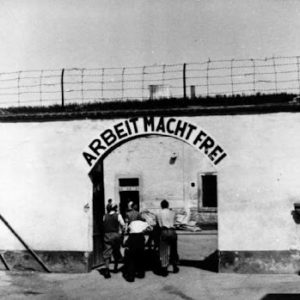

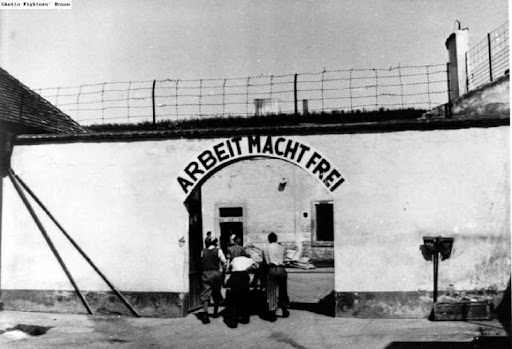
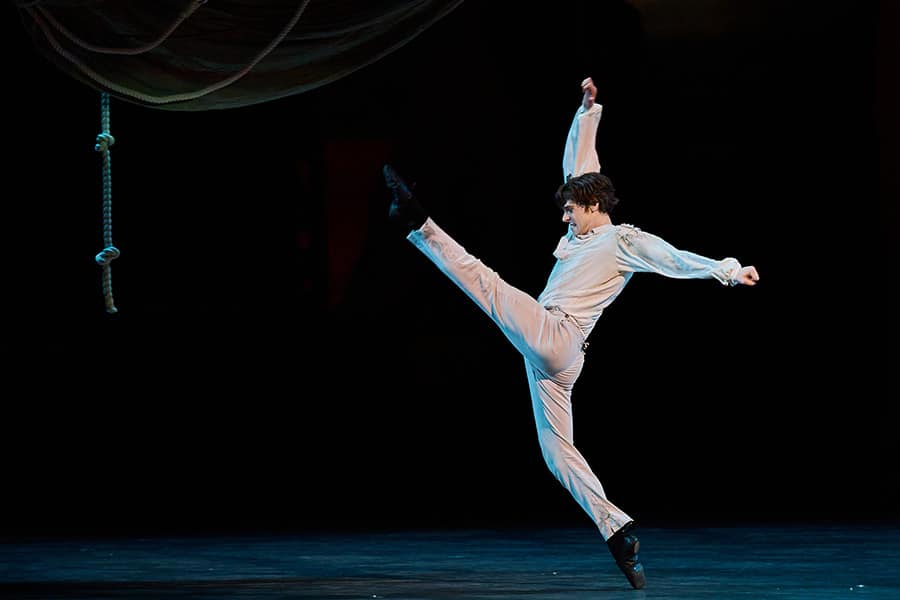

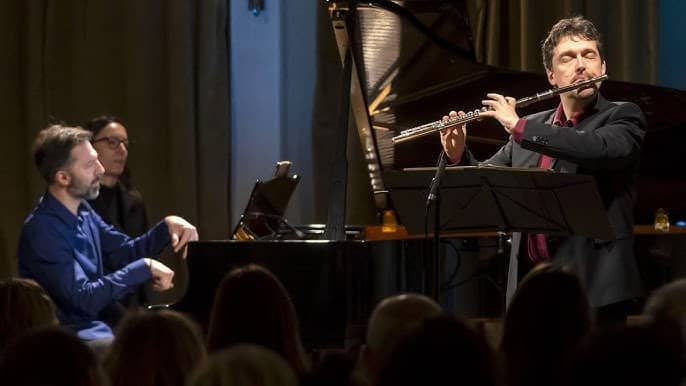
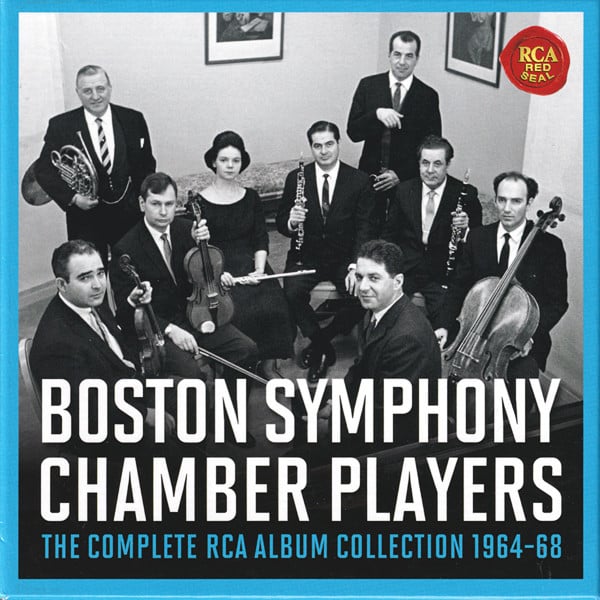
Thank you for this post Norman. I’m thinking of the concentration camps dubbed as “vocational training centers” in Xinjiang by the Chinese Communist Party as I read this. Let’s not forget the Uighurs too.
I wonder how many will recognize your pseudonym.
Liu Xiabo is the Carl von Ossietzky of our time. Both Nobel Prize Peace Winners and both died at the hands of evil regimes: Chinese Communist Party and Nazis.
I recommend Joza Karas’ “Music in Terezin,” published in 1985.
this is so heartsickening on so many levels. what’s next in seeking out obscure places to make public music? eine grosse Schande and so disrespectful to the memory of the dead and survivors.
“From August 17 to 19, students from Germany and the Czech Republic will jointly trace the musical lives of artists persecuted by the Nazis in lectures, discussions and concerts.”
Given that one of the lecturers appears to be a prominent Jewish leader, and the rationale of the conference, surely this is a distinct exercise in remembering a specific group of those among the millions of victims?
I appreciate your unease, and yet is this not comparable to a guided tour at one of the other, even more sinister, camps?
If there is no attempt to sugarcoat the conditions in which the prisoners lived before, in some cases, being sent to their deaths, it seems well-intentioned. It will doubtless get a good deal of publicity, too, which may introduced a younger generation to the story of what happened there.
I must admit my initial reaction upon seeing the front screen was similar to yours. but when I read the post I reconsidered. But I acknowledge that, as I am not Jewish, I may have taken an academic approach to what is ultimately a deeply emotional experience.
But I do not get the impression that this scheme has been founded in disrespect. The intention seems to be the opposite.
The Theresienstadt “camp-ghetto” existed for three and a half years, between November 24, 1941 and May 9, 1945. During its existence, Theresienstadt served three purposes:
Theresienstadt served as a transit camp for Czech Jews whom the Germans deported to killing centers, concentration camps, and forced-labor camps in German-occupied Poland, Belorussia, and the Baltic States.
It was a ghetto-labor camp. The SS deported and then incarcerated there certain categories of German, Austrian, and Czech Jews, based on their age, disability as a result of past military service, or domestic celebrity in the arts and other cultural life. To disguise the physical annihilation of the Jews deported from the Greater German Reich, the Nazi regime employed the general fiction, primarily inside Germany, that the deported Jews would be deployed at productive labor in the East. Since it seemed implausible that elderly Jews could be used for forced labor, the Nazis used Theresienstadt to hide the nature of the deportations.
Theresienstadt served as a holding pen for Jews in the above-mentioned groups. It was expected that that poor conditions there would hasten the deaths of many deportees, until the SS and police could deport the survivors to killing centers in the East.
Wasn’t it also the “showcase” camp that the Nazis used to show the Red Cross? Though I imagine that was a fairy tale.
I believe a lot of artists were also steered there.
I bow to your superior knowledge of these matters, and can imagine the horror if any other camp was used for a musical colloquy.
But I still think the intention, apparently with some Jewish endorsement, to commemorate musicians who were there , was meant well, as a matter of education, not disrespectful in itself.
the road to hell is paved with good intentions.
Ain’t THAT the truth!!!
I suppose that it is true that no non-Jewish person can ever, however empathetic, informed or committed to “never again” can ever feel anything comparable to what Jewish people do about these events.
But one thing I have heard all my life is that we must never forget. Time is passing, and for the next generation, even of Jewish people, there will be a great distance between them and those who were lost in the Holocaust.
I grew up with people who lost grandparents and older uncles and other relatives; I met survivors. My best friend’s mother-in-law had been in one of the worst camps.
But in a predominantly Jewish college, when we went to movies like The Fixer, the situation on which the protagonist/victim found himself was as much history to my Jewish friends as to me, thinking of my antecedents who suffered in the Irish potato famine.
We are just close enough to the last horror to have real feelings about it, but soon even young Jewish people will be looking at WWII as history, though they will carry the knowledge of the persecutions and annihilations more deeply than the next person.
Your aphorism is not wrong, but if it is a sincere effort to make what happened seem real to those who have little or no direct connection to it, then I think their efforts must deserve some credit. I would be less persuaded were it not for the endorsement of Dr. Tomáš Kraus.
I hope this event will be covered more widely, as I would be interested to see and hear further reactions, particularly from Jewish observers.
But I do not think you should believe there is malicious intent or even disrespect in the hearts of those who put this together. I am sure they would have canvassed Jewish feeling before deciding to go ahead. And if one more person emerges from their course with a determination to fight anti-Semitism at every turn, something is gained.
If it had been me organising it, I think I might have opted for a nearby venue, with a tour of the camp included to show the background to the musicians they were highlighting.
V.Lind, we see right through you. For someone who loves to throw around the word “Jewish,” one would think that you would be a little more sensitive to an actual Jew giving you their opinion.
Of course I am sensitive to her opinion, and I understand it. I just think that when a prominent Jewish figure endorses the programme being offered, it is also worth considering his.
This course sounds like tribute, not anything meant to be disrespectful to the memory of the internees. As I suggested, it might have been preferable to choose a nearby venue and include a guided tour of Terezin.
I agree and thank you for your understanding of what I am trying to communicate….just 2 little things, I take issue with so-called prominent Jewish figures and referring to the murdered victims as internees….perhaps prisoners might be a better choice.
“Secretary of the Federated Jewish Communities of Czechoslovakia” struck me as someone who must have the confidence of his people.
I have no problem substituting “prisoners.” I used “internee” because of its definition as “someone who is put in a prison without being officially accused of a crime, especially for political reasons.” (From the Macmillan Dictionary).
You still haven’t made an actual argument, besides the facts that you stated.
What better way to honour those who were killed, than to play their music and bring attention to what happened to them?
i have no issue with playing the music of these specific composers. my issue is with the venue. and i believe they would be happier to know their music is being heard at Carnegie rather than a concentration camp
not necessay for you to bow to my “superior knowledge in such matters.” I have always cared for matters related to the Jewish Holocaust and War against the Jews because my people, and nearly every one of my closest family members and relatives were murdered for no other reason than they were Jews. I lived with daily oral history from my father, a survivor about this matter.
Schloss Elmau would be more acceptable and appropriate
Folks, it says right here: “, students from Germany and the Czech Republic will jointly trace the musical lives of artists persecuted by the Nazis in lectures, discussions and concerts.” . . . that sounds like a GOOD thing to me. Am I wrong?
In addition to that, there’s this: “Musically, the program includes works by “Terezín composers” such as Viktor Ullmann, Gideon Klein, Hans Krása, Pavel Haas and Erwin Schulhoff, as well as by Alban Berg, Ernst Bachrich, Mieczyslaw Weinberg and Alexander Zemlinsky. Music by composers Maria Herz, Ilse Weber and Vítězslava Kaprálová will also be heard.”
Indeed, the artists who perished in Theresienstadt at the hands of Nazi murderers should not only be honored and remembered for their art, but for the comfort they gave to other prisoners,, and for contributions to music never to be heard. But what is the point of of making concert halls out of death factories like Peenemuende, where I promoted a for peace and forgiveness concert of Britten’s War Requiem conducted by Rostropovich. How many concentration camps can the world turn into Disney Land under the guise of a more intense, close up and personal experience. Let their music be heard with sophisticated educational tools in concert halls, where these artists dreamed their work would be heard…Wigmore, the Gasteig, Carnegie and Geffen, etc. and in places of meaningful worship, the Koelner Dom, the Vatican, Notre Dame, Gethsemene. Just not in the final horrific resting place of the victims.
No on is turning it in to Disneyland, you pompous fool. Lebrecht’s wording of the title is (deliberately?) misleading, it is hardly a “summer school”, much more a series of performances etc focused on the composers and artists
You should learn to read Anon.
It appears to style itself a “summer school,” though it is in fact a 3-day colloquy.
I think everyone should take a breath and read this: http://terezincomposersinstitute.com/about/
The final point seems to include this sort of thing. This may not be the first time it has been done.
How much is membership?
BTW, Andrew, I think your vocative phrase is most offensive.
More Holocaust Music
https://www.yadvashem.org/yv/en/exhibitions/music/kovno-ghetto-and-lithuania.asp?utm_source=facebook&utm_medium=organic-english&utm_campaign=otd&utm_content=kovno-ghetto-music&fbclid=IwAR324BIEAQ0fFeuQuXpzwrCoYNDgy4G89uS_Tb-bXfW8gnlogeMt8xowPco